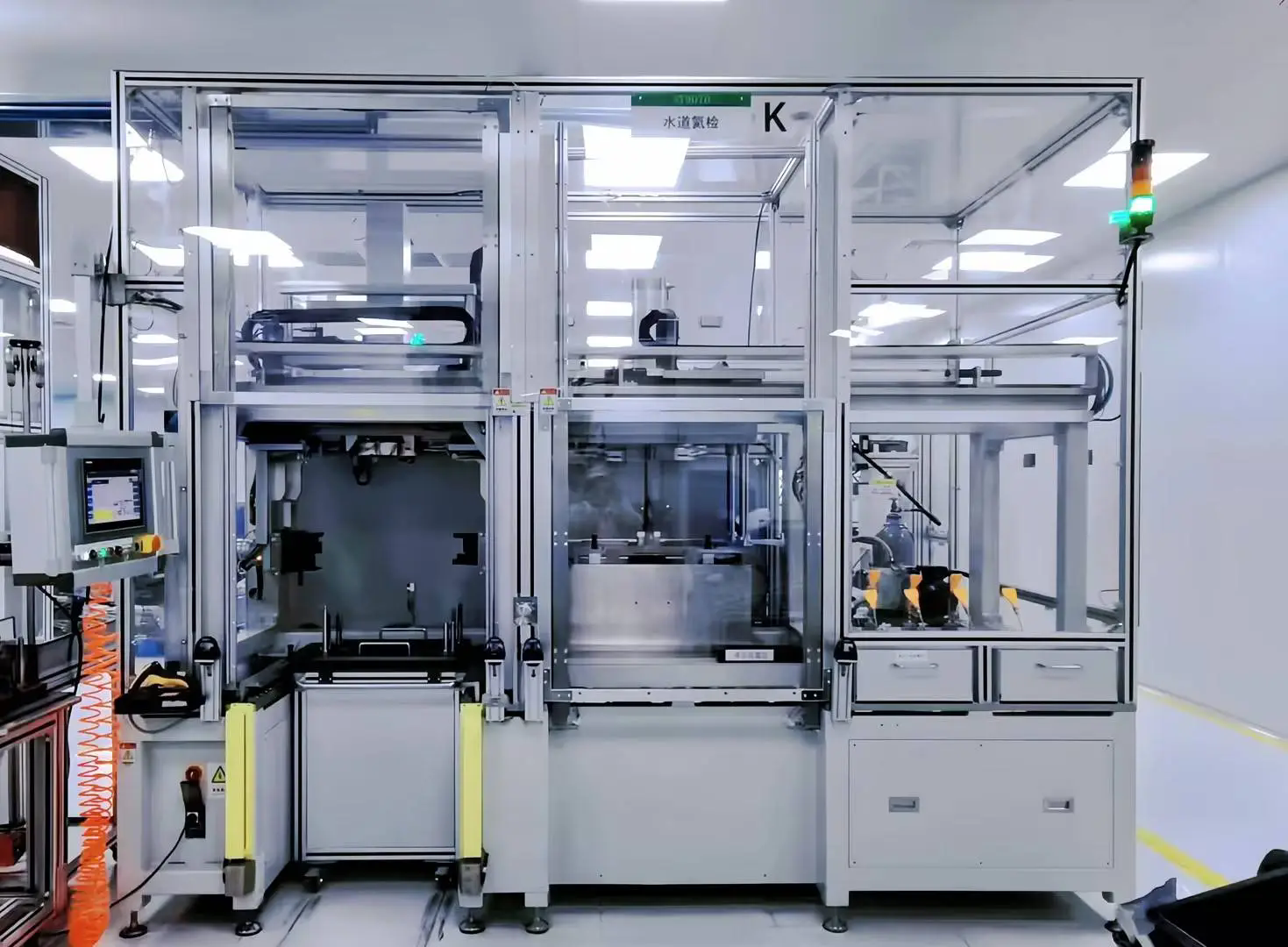What Makes a Valve Pressure Tester Essential for Industrial Applications?
2024-11-22
In industries where precision and safety are paramount, the need for reliable testing tools cannot be overstated. One such tool is the valve pressure tester, a critical device designed to ensure the integrity and performance of valves across various systems. But why is it so essential, and what role does it play in industrial applications? Let’s find out.
Ensures Safety and Reliability
Valves are key components in controlling the flow of gases and liquids in pipelines, machinery, and systems. A malfunctioning valve can lead to leaks, pressure build-up, or catastrophic failures. Valve pressure testers help identify weaknesses or defects, ensuring that each valve operates safely under its intended pressure range.
Validates Performance Standards
Industries such as oil and gas, water treatment, and chemical processing rely on valves to regulate flow and pressure. A valve pressure tester verifies that valves meet regulatory standards and perform as designed, preventing costly downtime or compliance issues.
Identifies Early Wear and Tear
Over time, even the most robust valves experience wear and tear due to high pressure, extreme temperatures, or chemical exposure. Regular testing with a valve pressure tester allows maintenance teams to detect early signs of damage, enabling timely repairs or replacements before problems escalate.
Versatility Across Applications
Valve pressure testers are adaptable to a variety of valve types, including ball valves, gate valves, and check valves. They can be used in industries ranging from manufacturing to aerospace, ensuring that valves function optimally across diverse environments and applications.
Easy-to-Use and Efficient
Modern valve pressure testers are designed for ease of use, featuring user-friendly interfaces and automated functions. Many devices offer precise digital readings, customizable pressure ranges, and data logging capabilities, making the testing process faster and more accurate.
Saves Time and Costs
Investing in a valve pressure tester reduces the risk of unexpected failures, which can lead to expensive repairs and operational disruptions. By identifying issues early, businesses can avoid unnecessary downtime, optimize maintenance schedules, and prolong the lifespan of their equipment.
Supports Preventive Maintenance
Preventive maintenance is a cornerstone of efficient industrial operations. A valve pressure tester plays a crucial role in this strategy, enabling regular checks that keep systems running smoothly. By incorporating valve testing into routine maintenance, companies can ensure uninterrupted productivity and safety.
Conclusion
A valve pressure tester isn’t just a diagnostic tool—it’s a safeguard for industrial systems, protecting operations, employees, and the environment. From ensuring compliance to preventing costly breakdowns, it provides the peace of mind that every valve is functioning as it should.
If precision, safety, and efficiency are priorities for your industry, investing in a valve pressure tester is a decision that pays off in the long run. After all, in the world of industrial systems, reliability begins with rigorous testing.



